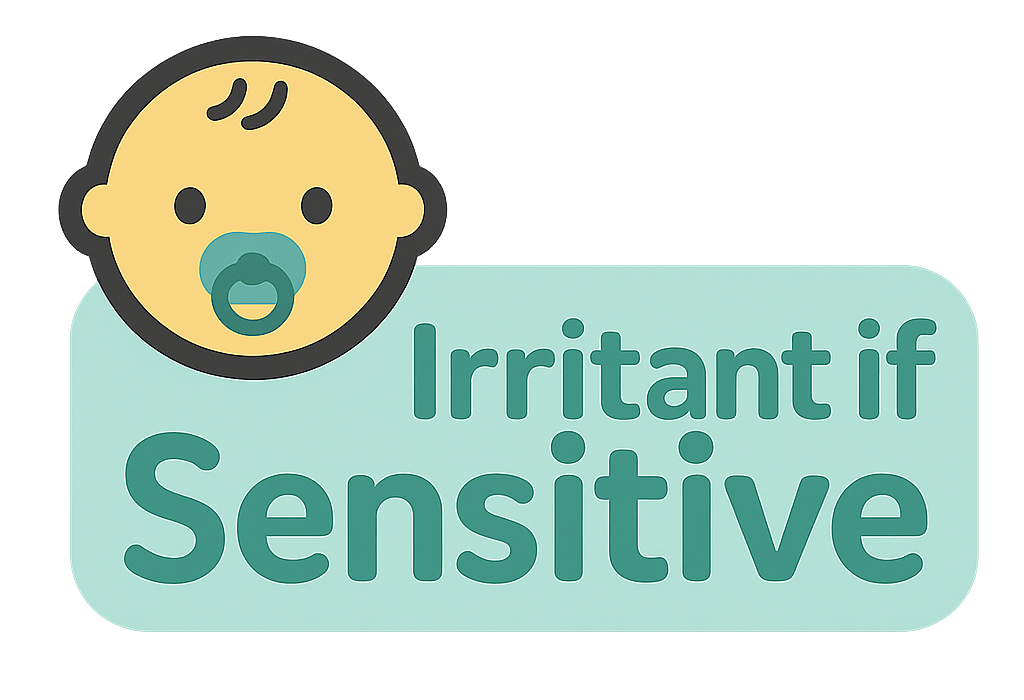Check for Different Age (6 available)
Is this safe for adults to use Cocamidopropyl Betaine?
ℹ️General Overview
For adults: this is a common mild soap-like ingredient used to make shampoos and cleansers foam. It is usually safe when used in products you rinse off. Some people can get irritation or an allergic rash, mainly because of leftover chemicals from how it is made.
✅What to Do
Use products with this ingredient mainly in shampoos, shower gels and other rinse-off items. If you have sensitive skin, do a small patch test first (apply a little product on the inside of your arm, rinse after a minute, and watch for redness or itching over 24–48 hours). Rinse thoroughly during use. Prefer products from brands that state they control impurities or follow industry safety limits.
⚠️Warnings
Watch for itching, redness, bumps, or blistering where the product is used; stop use and see a doctor if this happens. Avoid using products that contain this ingredient as a leave-on lotion or cream because safety panels recommend against leave-on use without clear safety data. The concern comes from industry and government safety reviews (Cosmetic Ingredient Review and Environment Canada) noting impurity risks such as 3-dimethylaminopropylamine, amidoamine residues, and nitrosamines, and recommending concentration/production controls. Also be aware some certification programs restrict its use unless the maker provides testing showing low impurities.
Are you holding the product?
Scan the full ingredient label and understand if it's safe for your child.
Safety Risk Labels
This ingredient has the following documented risks:






Tap or hover over labels to see detailed risk information.
Alternative Names for Cocamidopropyl Betaine
This ingredient may also be listed as:
Always check ingredient labels carefully, as ingredients may be listed under different names.
Products Containing Cocamidopropyl Betaine
This ingredient is found in the following products:
This list shows products that contain Cocamidopropyl Betaine or its alternative names.
Research Articles on Cocamidopropyl Betaine
Scientific research related to this ingredient:
These research articles provide scientific evidence about Cocamidopropyl Betaine safety and effects.
Common Questions About Cocamidopropyl Betaine
Is this safe for adults to use Cocamidopropyl Betaine?
Yes, Cocamidopropyl Betaine is generally considered safe for adults based on current research.
What are the immune system risks of Cocamidopropyl Betaine for adults?
Could weaken or confuse immune system.
What are the irritant risks of Cocamidopropyl Betaine for adults?
Can cause skin redness, itchiness, or rashes—especially on sensitive baby skin.
What are the eczema risks of Cocamidopropyl Betaine for adults?
Linked to triggering or worsening eczema and similar skin conditions.
What are the cancer risks of Cocamidopropyl Betaine for adults?
Connected to cancer risk with long-term or repeated exposure.
What are the banned risks of Cocamidopropyl Betaine for adults?
Banned or heavily restricted in one or more countries.
What are the environmental risks of Cocamidopropyl Betaine for adults?
Possible negative effects on the environment
What products contain Cocamidopropyl Betaine?
Cocamidopropyl Betaine is commonly found in skincare products, cosmetics, and topical applications. Always check ingredient labels before use.
When can adults using products with Cocamidopropyl Betaine?
The appropriate age depends on the specific ingredient properties and concentration. This analysis is for adults. Use the age selector above to check other ages.
Want to scan another product?
Use our camera scanner to analyze more ingredient labels
Scan Another Product